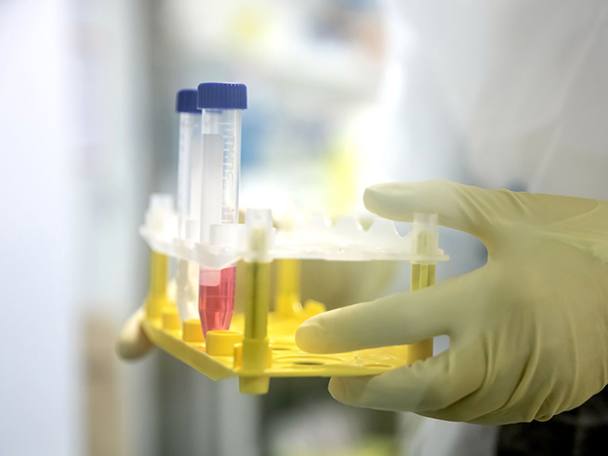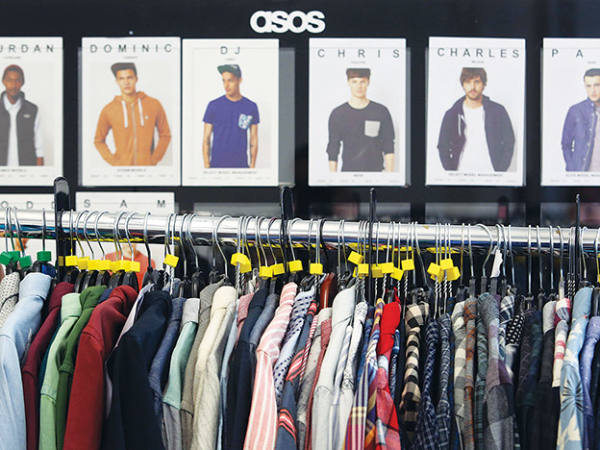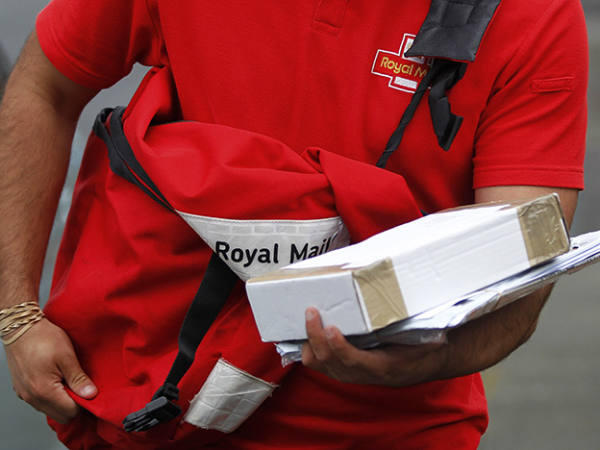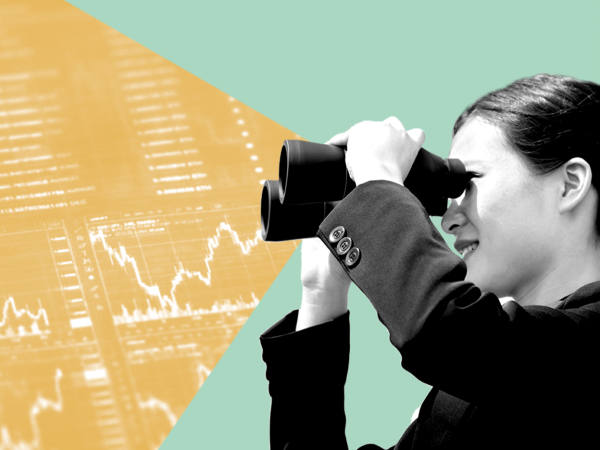- Successful first half for Covid treatment and shingles vaccine
- Trading at a significant discount to its European peers
It’s still too early to say if the demerging of its consumer health business has given GSK (GSK) the new lease on life it has been striving for. The firm did raise its full-year revenue and profit guidance in its half-year results on Thursday – but whether this bullish sentiment can be sustained in the longer term remains up in the air.
GSK’s consensus-beating first-half turnover was largely attributed to the success of its shingles vaccine, Shingrix. Sales more than doubled to £731mn thanks to a recovery in demand after the pandemic and what the company calls “strong commercial execution” aimed at shifting the shingles vaccination season forward. Top-line growth was also attributed to better-than-expected sales of Xevudy, its coronavirus treatment, despite question marks over its effectiveness against the Omicron variant.
Other encouraging signs from the first half include positive Phase III trial data for GSK’s respiratory syncytial virus (RSV) jab. The virus is responsible for some 24,000 deaths a year and is one of the few remaining infectious diseases which lacks an effective vaccine or specific treatment.
R&D progress aside, big pharmaceutical companies must also rely on acquisitions to ensure their drug development pipelines grow sufficiently. With two such buyouts (of Sierra Oncology and Affinivax) under its belt this year, GSK appears to be embracing its new identity as an innovative biopharma player.
The rationale behind the company’s decision to ditch its consumer health division – now known as Haleon (HLN) – was that the sale would help it muster the resources it needs to upgrade its pipeline. GSK’s stock has long been known as a chronic underperformer, and chief executive Emma Walmsley has been pressed by activist investors to reverse its fortunes.
While the half-year figures are encouraging, the factors that drove its performance aren’t likely to be replicated going forward. The company says sales for its Covid-19 solutions will fall away further over the next six months. It also expects sales of Shingrix in the second half to fall slightly “due to some channel stocking in the first half in the US”.
Before the Haleon demerger, GSK's shares traded on a 13.5 times price/earnings ratio, which analysts at Shore Capital note was a discount to European large-cap pharma peers on 16.1 times.
This ratio has since shrunk to 12.7 times, representing a more significant 20 per cent discount. The drop was “broadly anticipated”, according to Shore, “and likely reflects negative sentiment towards GSK’s ability to deliver long-term growth”. The company’s transformation may have been initiated, but material progress is still to come. Buy.
Last IC View: Buy, 1,799p, 5 May 2022
| GSK (GSK) | ||||
| ORD PRICE: | 1,745p | MARKET VALUE: | £71bn | |
| TOUCH: | 1,720-1,770p | 12-MONTH HIGH: | 1,842p | LOW: 1,228p |
| DIVIDEND YIELD: | 3.7% | PE RATIO: | 19 | |
| NET ASSET VALUE: | 402p* | NET DEBT: | 134% | |
| Half-year to 30 Jun | Turnover (£bn) | Pre-tax profit (£bn) | Earnings per share (p) | Dividend per share (p) |
| 2021** | 11.0 | 2.10 | 61.7 | 47.5 |
| 2022 | 14.1 | 3.00 | 65.7 | 32.5 |
| % change | +29 | +42 | +6 | - |
| Ex-div: | 18 Aug | |||
| Payment: | 06 Oct | |||
| *Includes intangible assets of £17.3bn, or 425p a share **Restated to reflect Haleon demerger | ||||








